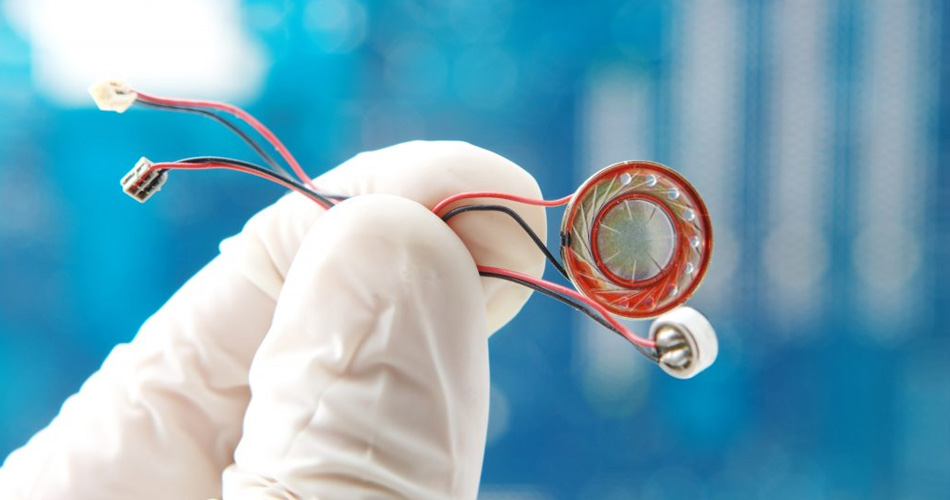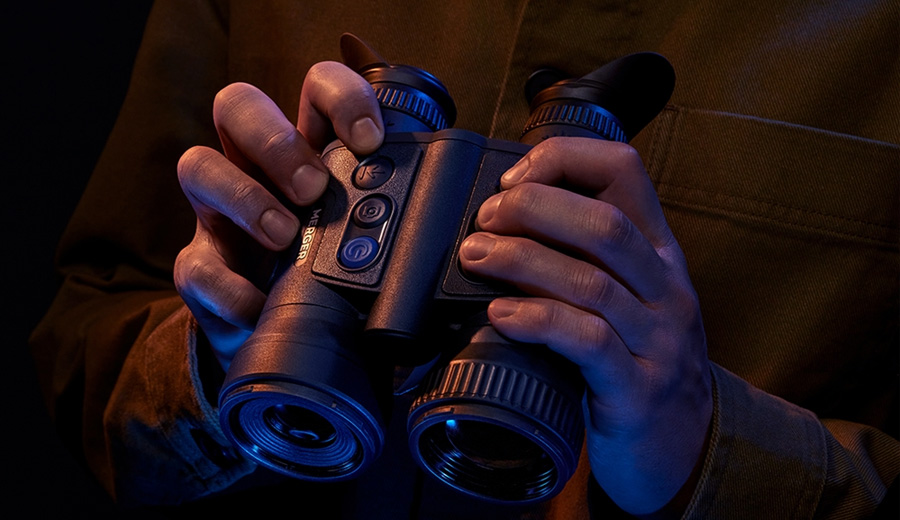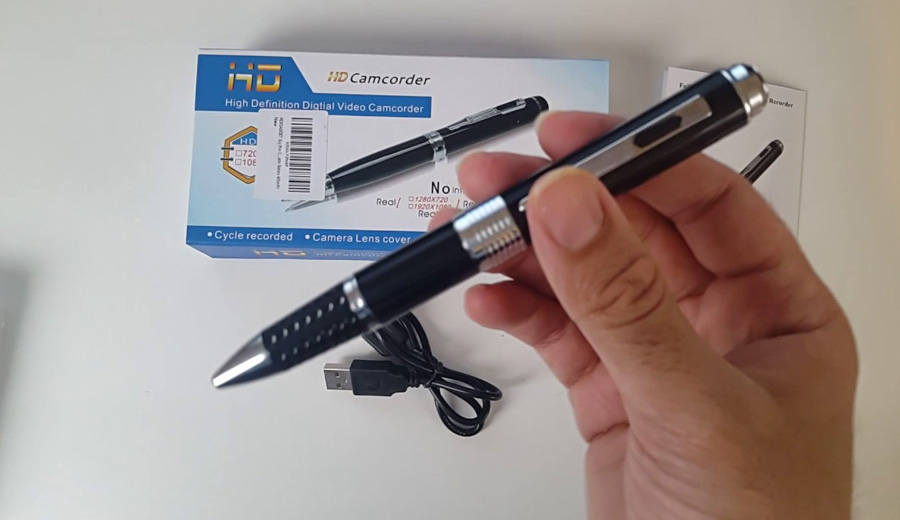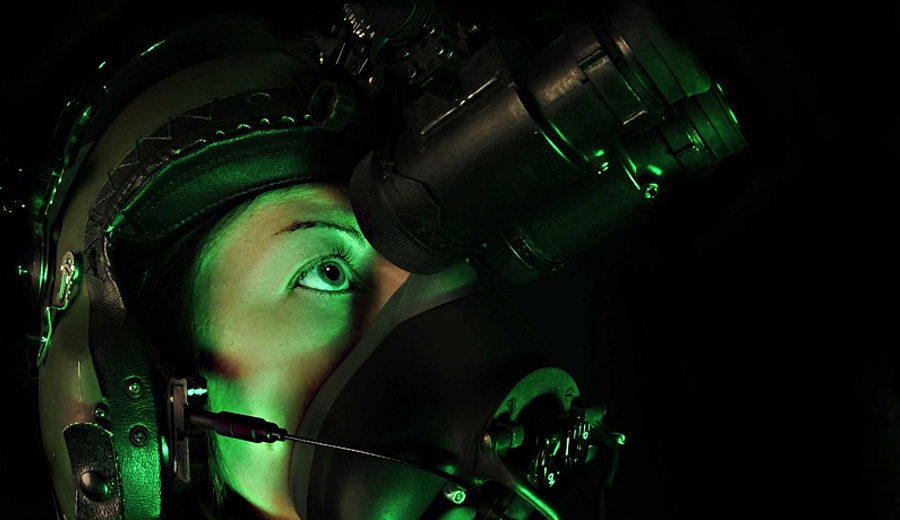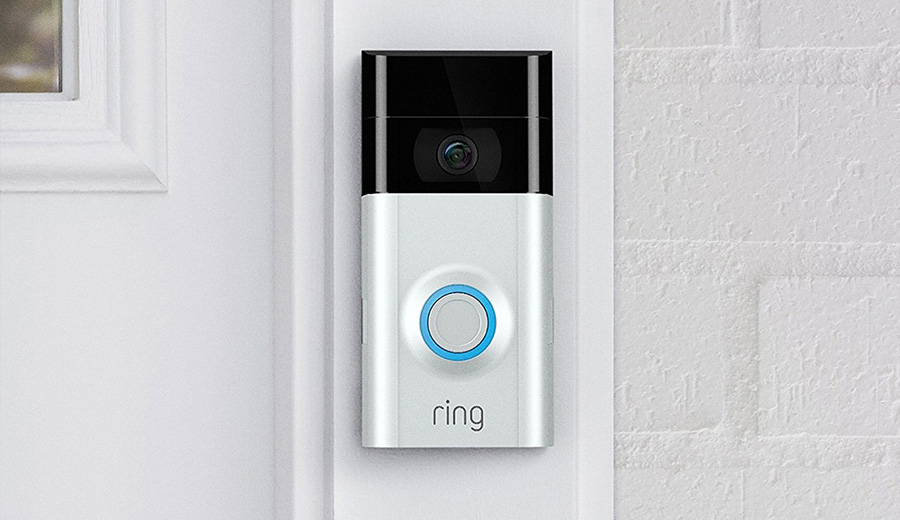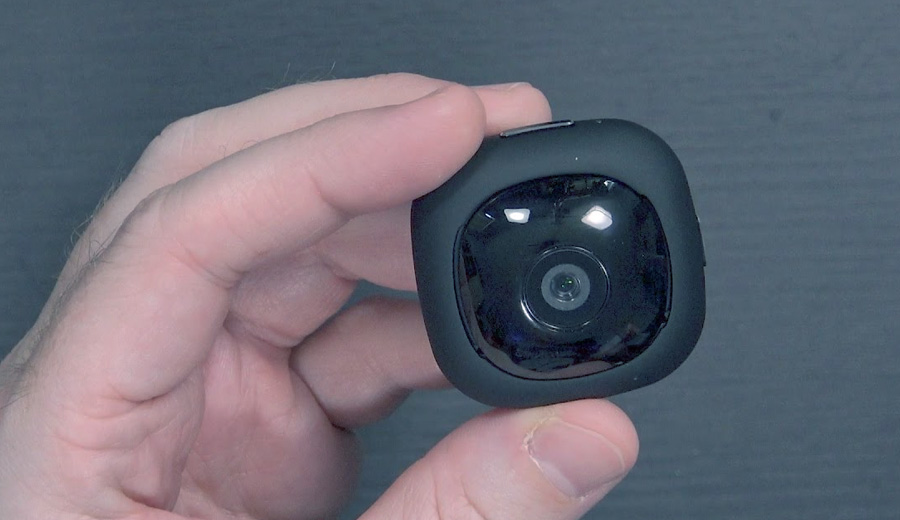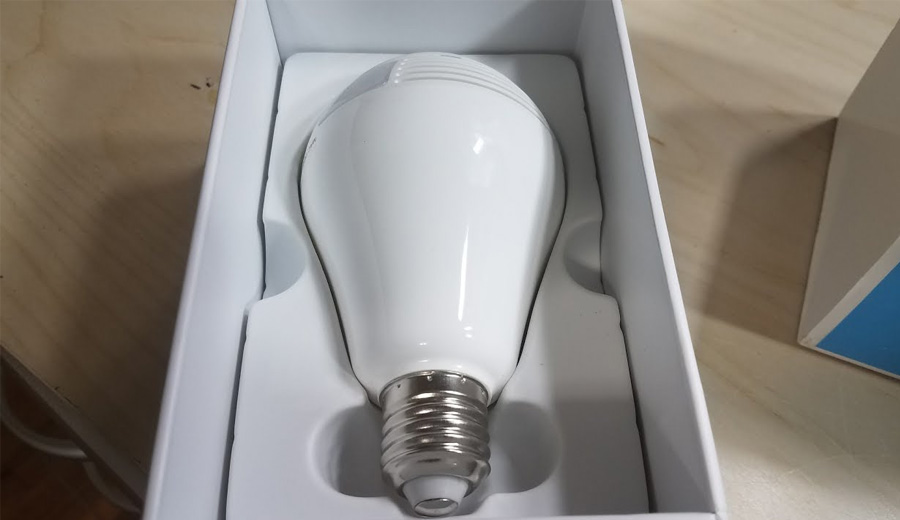Considering current growing security issues that involve privacy, electronic sweeps are becoming more popular. People are looking for ways to protect themselves from unwanted eyes spying on them. And it doesn’t have to be a strictly professional tool. Many average consumers have bought and used these anti surveillance devices for their own benefit.
In the following article, we will discuss the topic of bug sweepers. We’ll focus on their operation, relevance of filters in use, frequency, types of bug detectors and who can benefit from these great devices.
How Bug Sweepers Work
Bug sweepers, otherwise known as RF (Radio Frequency) Detectors, are equipment that’s designed to find electronic spying device commonly called a bug.
These are handheld gadgets right up to professional-grade equipment used by security specialists. They generally serve the purpose of detecting and warning users about the existence of unauthorized electronic equipment, which compromise privacy.
The bug sweepers operate through RF (radio frequency) detection. Such signals may be emanating from a hidden camera, microphone or GPS trackers. These signals are picked up using sensitive receivers which alert the user of their presence through visual or audible means.
Fundamentally, the bug sweepers are electronic sniffers that are used to locate instances of privacy breach at home or work.
Importance of Filters
The effectiveness of bug sweepers relies on filters. They differentiate legitimate signals (e.g., wireless devices, cell phone towers) from those that might be used as surveillance devices. Good quality bug sweepers have highly effective filtering systems that help reduce the number of false positives and accurately identify illegal devices.
That’s the problem with cheap units. They may pick up a radio tower’s signal nearby. You may hear signal coming from your microwave, assume it’s a spying camera inside, smash it or throw away, just to realize that the signal is picked up from far away.
Filters can also be adjusted to sensitivity. It’s much more convenient sweeping through a room, and not hearing loud noises constantly, only when you come close to a wireless device.
Frequency Coverage
Bug sweepers should sweep an array of frequencies in order to trace various forms of surveillance devices. Using a wider frequency range allows finding more bugs at various bands. An effective sweep should include those frequencies used for standard RF transmitter signals, GSM signals, Wi-Fi signals, burst transmissions, and self-recording devices.
Types of Bug Detectors
All bug sweepers are designed for the same purpose, to detect signals being transmitted, be it GSM, WiFi, Bluetooth, CDMA and so on. There are a few main types of electronic bug sweepers available on the market and we’ll cover them here quickly:
- Standard RF Transmitter – In general, these are simple radio frequency transmitters and they are commonly found in the low end of eavesdropping devices.
- GSM, VoIP/GSM compatible mobile devices. These are harder to detect.
- Wi-Fi detectors use wireless signal for data transmission detection.
- Burst Transmissions – They are short bursts of signals, harder to detect except with specific burst detector gear.
- Self-Recording Devices record data to themselves basically. They’re capable of transmitting the data later.
Who Benefits the Most?
Let’s get this out of the way. You don’t have to be a conspiracy theorist or paranoid to get yourself one of these devices. Surveillance is everywhere, all around us. Government is spying on your, mega-corporations are spying on you, and some creep who owns 2-dollar motel may be spying on you.
Depending on the type of work you do, you’re never too careful. Your room may be bugged and you don’t even know it. So, investing in a tool like this to have a peace of mind, is well worth it IMO.
- Business Executives Safeguarding sensitive corporate information from competitor spies can benefit from bug detectors.
- Government Officials Protecting classified data.
- Law Enforcement Ensuring confidentiality during investigations.
- High-Profile Individuals who may be a target of their own government.
- The list goes on…
Conclusion
In a world where information is power, electronic bug sweepers are crucial instruments of preserving that information and privacy. Understanding the way in which these gadgets function, the value of filters that are used, the scope of frequencies they cover and the types of signals they can detect, one can make smarter decision while purchasing a bug sweeper for personal or professional use.
The value of bug sweepers in safeguarding people against electronic surveillance is gaining more significance these days as technology moves forward. If you’re concerned at least the slightest bit about your privacy, don’t overthink it, and invest in one of these bug detectors if you feel you’re being spied on.

